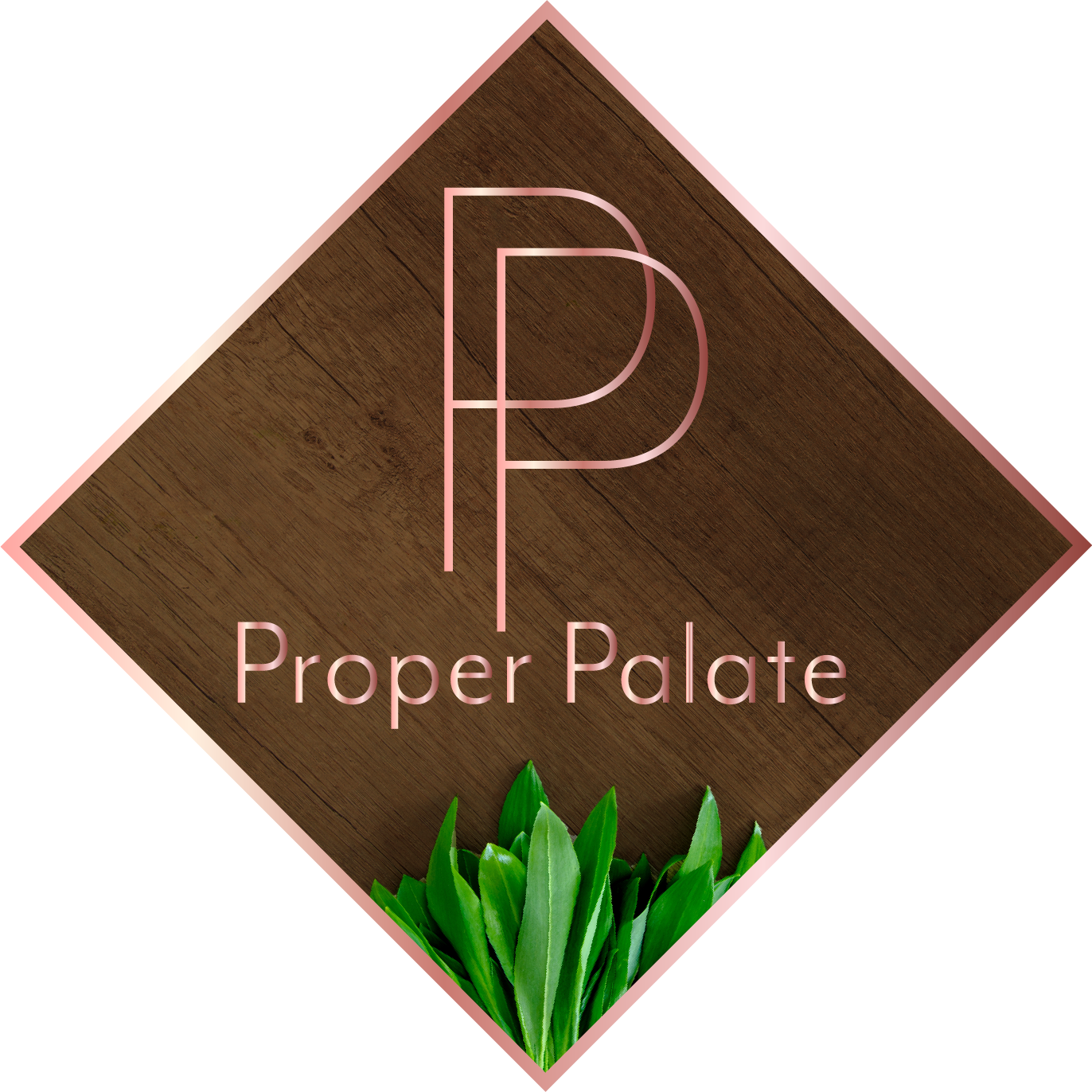Is Glyphosate in your Food?
Glyphosate is getting into our food supply, and we don't even know what it does to our bodies. Why is this happening? What should we do to protect ourselves?
A former school groundskeeper sued Monsanto, arguing that an herbicide in the weed killer Roundup, likely caused his terminal cancer. His lawyers also contended Monsanto failed to warn consumers about the alleged risk from their product.
A jury deliberated for three days before awarding Johnson $250 million in punitive damages and $39 million in compensatory damages.
"The jury found Monsanto acted with malice and oppression because they knew what they were doing was wrong and doing it with reckless disregard for human life," said Robert F. Kennedy Jr., one of Johnson's attorneys, according to the Associated Press. This is a massive step in the right direction for our soils, crops, food supply, and health!
What is glyphosate? It's a synthetic compound which is a nonselective systemic herbicide, particularly effective against killing perennial weeds. The Environmental Working Group (EWG) released a report in August about independent lab tests that found more than 40 different popular types of oat cereals, oatmeal, granola, and snack bars contained glyphosate from conventional oats that had been sprayed with the pesticide. The organization said more than two-thirds of the products that tested positive had levels above what their scientists "consider protective of children's health with an adequate margin of safety. One-third of organic oat samples also tested positive for low levels of glyphosate, which EWG believes is due to cross-contamination at processing facilities or drifting winds from conventional farms that use the chemical.
Why is this chemical so dangerous? It has been linked to cancer. It may kill helpful gut bacteria, and it's also been linked to diabetes, autism, obesity, and heart disease. The state of California sees enough evidence of its harmfulness to declare it a carcinogen and has given companies a year to label products containing glyphosate. It's so insidious that it gets into the body's tissues and stays there wreaking havoc on our system.
If the concerns about glyphosate make you want to limit your exposure to it, choose organics whenever possible. Products with glyphosate are not allowed to be used on organics. Buy from farmers who you know don't use the chemical. Grow your food if you can. Stay away from GMO's, Genetically Modified Organisms. Those products typically contain glyphosate.
How do you get rid of this toxin? Well, it isn't straightforward, and you should seek the help of a Holistic Health Practitioner to see if you have the ability to detoxify. I take far infrared sauna's to sweat the toxins out and use a particular probiotic that chelates the glyphosate in my gut and removes it from my body.
The fact that our food supply is riddled with this chemical is a big concern — all the more reason to eat organic and stay away from processed foods. Here is a list of non-organic foods highest in glyphosate-
Soy (this means soy products and soy or vegetable oil)
Corn and corn oil
Canola seeds used in canola oil
Beets and beet sugar
Almonds
Dried peas
Carrots
Quinoa
Sweet potatoes
